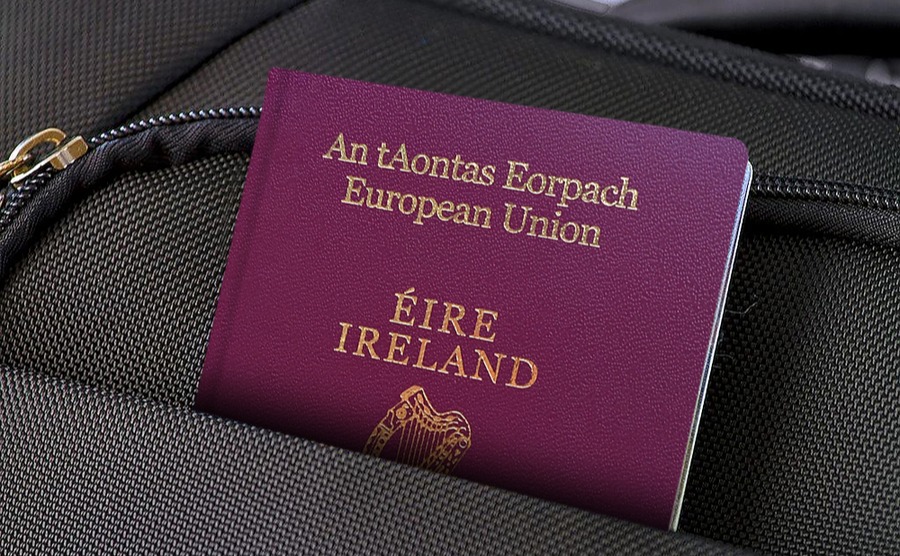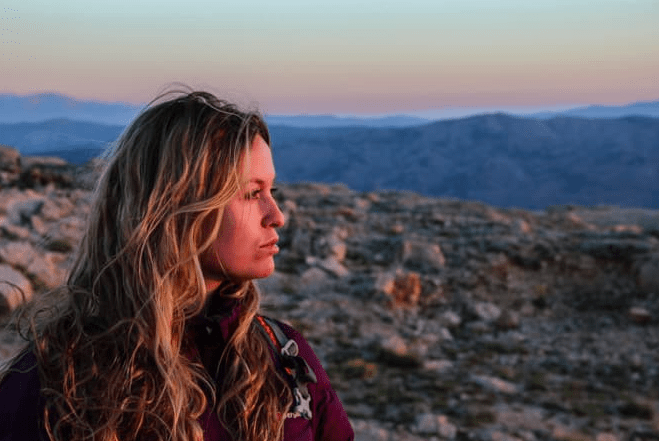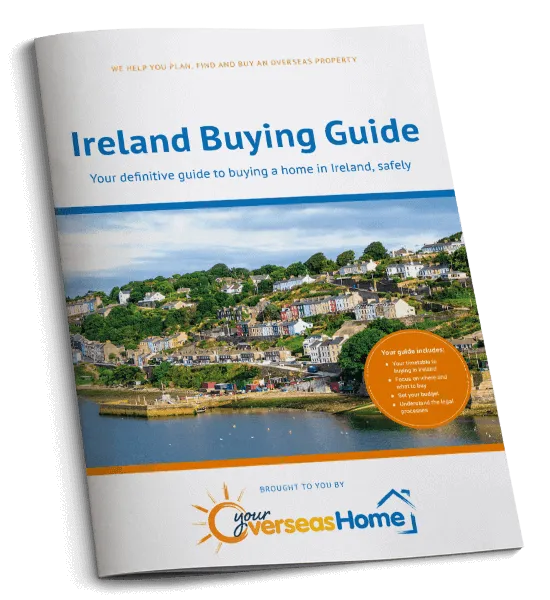UK citizens will always be able to live and work in Ireland, but an Irish passport also gives access to your EU rights throughout Europe. With record numbers of dual nationality passport holders, we look at how the process works.
According to the Office for National Statistics (ONS), just halfway through 2023, in August the number of UK-born residents holding both British and Irish passports has increased six-fold since 2011.
The figures show that the average age of UK/Irish dual citizens was 47, much higher than that of those with an Irish-only passport, which was 33.
Jay Lindop, deputy director of migration stats at the ONS, said, “The rise in dual citizens may also suggest greater uptake of additional passports following the end of free movement when the UK left the European Union.”
We first wrote about getting your Irish passport in November 2016. You can read all the details about how to apply for an Irish passport there. But several years on, how has the process worked out in practice? Today, we’re chatting to a couple of folks who have been through the process. The good news is that there is no rush to apply. Getting your Irish passport will always be an option if you have the right heritage. But if you’re keen to get the ball rolling, this article is for you.

An Irish passport guarantees your EU rights throughout Europe.
We chatted to Londoner Abbie about the process of applying for her Irish citizenship.
“I’m lucky because all four of my grandparents were Irish citizens. But it hasn’t been all that easy tracing their documents because some of these date from over a hundred years ago. Also, I have to share them with my cousins, who are also applying, which slows us down.”
If you need a good solicitor in Ireland, click to be introduced to our recommended legal partner.
Abbie offered a couple of pieces of advice: “Firstly, you can obtain authorised copies of documents that you don’t already own by applying to the registry office that originally issued them. For a small fee to cover postage, birth (£10), marriage (£10) and death (£10) certificates can be posted to you. You simply have to explain why you need them. For example, I only had my short-form birth certificate, but I’ve recently obtained a new authorised version of my full birth certificate. Secondly, remember that all of the documents that you send off when applying for Irish citizenship must be certified by a witness. This was simple. I just contacted a local solicitor and popped in with my passport and documentation to have it certified. It cost £20 and took less than 15 minutes.”
Applying for an Irish passport
Also, we chatted with Becki Enright, a travel writer and PR professional. She explained her reasons for wanting an Irish passport and how she went about successfully obtaining Irish citizenship. Becki is based in Vienna, Austria and wants to retain her right to live and work in the EU. Fortunately, her grandparents on her Dad’s side were Irish. “I’m proud of my Irish heritage and Brexit pushed me to start the application process. I don’t want to leave my EU home country of Austria.”

Becki Enright, looking to a bright (European!) future
“My first step was applying for the documentation I needed to prove my granddad’s Irish heritage. I applied for these online from The National Archives of Ireland. I took all of my identification, my birth certificate and my father’s birth certificate to the Irish Embassy in Vienna, but I was turned away. Before I could submit my application for Irish Citizenship, they needed me to get the marriage and divorce certificates for my parents, and my father’s passport – on headed paper, with a solicitor’s stamp.”
Becki revealed that it took 30 minutes to fill in the passport application, but the amount of hours spent gathering documents is ‘harder to quantify’. She revealed, “It was a long process of rooting around for what we already had, and then establishing what else we needed to order.” In terms of waiting time at the Irish Embassy, Becki spent around an hour hanging around per each application, waiting for the documents to be filed and signed off. The passport application took four to six weeks and her citizenship came through in six months.
“It cost me €230 (£205) to apply for citizenship and €75 (£67) for my passport. It cost £10 for every certificate obtained, and around £15 for a solicitor’s stamp and letterhead. Fortunately, there was no need for me to travel to Ireland to make the application.”
I found the Irish immigration officials to be very friendly and informative, but also a little overwhelmed!
A friendly attitude
We asked Becki whether she encountered any particular hassles with the process, “The gathering of the documents is the most time-consuming part of the process. I also had to submit marriage and divorce papers from both my parents even though my Mum isn’t even the Irish one! On the whole, I found the Irish immigration officials to be very friendly and informative but also a little overwhelmed. Many, many people have come forward wanting the same thing and we all desperately want it quickly.”
When asked whether there were any perks to the process, Becki admitted it was “admin and all a bit of a pain”. However, “I cried tears of happiness when I got my citizenship certificate in the post. At that moment, I felt Irish and I realised how much it meant to me.”
We asked Becki to offer some advice to those hoping to begin the application process, “Have patience. If you are eligible and have all of the relevant documents, you will be successful. You might just have to wait a while.”







